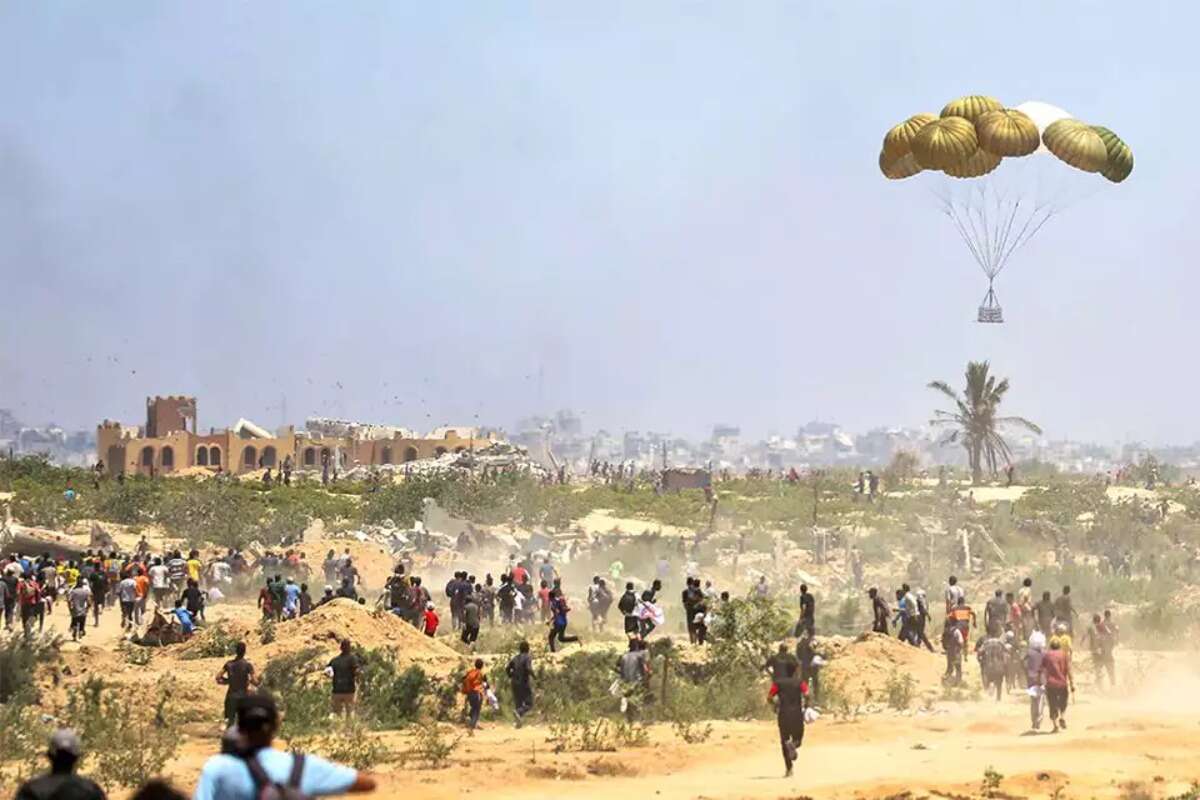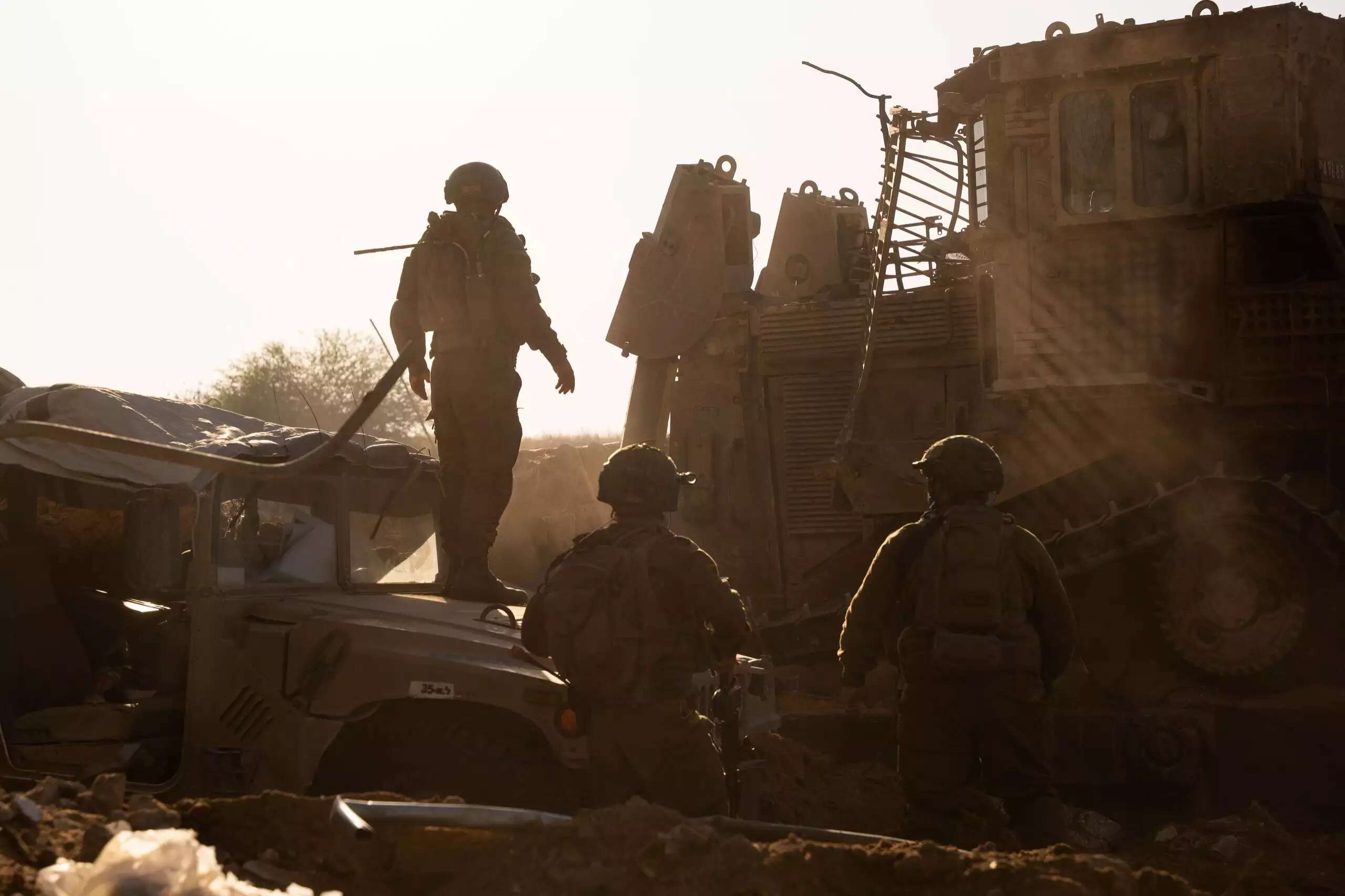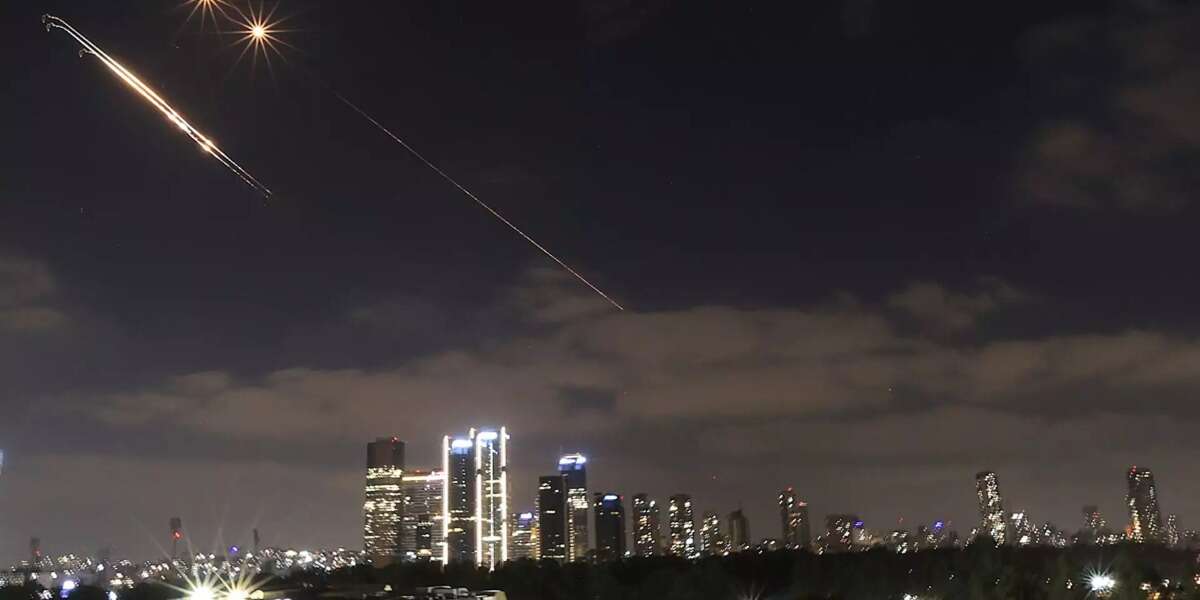Gaza. Everyone this week was talking about victory. Prime Minister Benjamin Netanyahu promised we are on the verge of it, while IDF Chief of Staff Eyal Zamir made clear the fighting will not stop until it is achieved. Neither of them, nor anyone else, explained what victory actually means, or how we will know we have reached it.
In military terms, victory has clear parameters: inflicting heavy losses on the enemy, stripping away much of its capabilities, sometimes also its territory, undermining its ability to recover for a prolonged period, and deterring it from resuming violent conflict. It does not mean eliminating every last fighter or weapon, nor even raising a white flag. The enemy is defeated when it is obvious to all that it has been defeated, not by whether it can fire one more bullet, but by the scale of damage it has sustained and its ability to recover.
By that professional standard, Hamas has long since been defeated. It has lost the bulk of its fighting force, its entire senior leadership and many of its commanders, as well as a significant share of its infrastructure and weapons stockpiles. It will take years to rebuild, and it has certainly been deterred. If so, Israel must clarify what kind of victory it is seeking beyond the one already achieved. In four words: What is the goal?
 Airdrop of humanitarian aid over Gaza. Photo: AFP AFP
Airdrop of humanitarian aid over Gaza. Photo: AFP AFP
Whenever a military force is sent on a mission, there must be a clear goal. If there is no goal, it will never be reached. Goals can change. In the war with Iran, the objectives were to inflict major damage on Iran’s nuclear and missile programs, including by striking infrastructure, weaponry, senior commanders and top scientists. These were defined and measurable goals, who and what was hit, how badly, and for how long they were rendered inoperable, that enabled focused intelligence and operational efforts and prevented the campaign from dragging on endlessly. Once those goals were achieved, the campaign ended.
In Gaza, the goal remains unclear. Is it freeing the hostages? Killing every single Hamas terrorist? Finding and destroying every tunnel? Demolishing buildings? Expelling the entire population from Gaza? Each of these would be a separate mission requiring a different set of actions, some of them contradictory. No one has told the IDF what is expected of it, how it will know it has won, so it is destined to chase its own shadow without ever catching it.
This is no academic debate. Tens of thousands of reservists called up this week deserve to understand what they are being asked to do. Millions of citizens praying for their safe return home deserve to know as well. Instead, they are getting slogans, while it is a time to get answers. As long as they are not provided, the suspicion grows that victory is not the goal at all – but something else. As Zamir reportedly told the cabinet this week: You were here on October 7. Two years have passed since then. Now you suddenly remember to talk about victory?
The blame. Zamir is a loyal soldier of the State of Israel. Any attempt to portray him otherwise is the product of some self-serving campaign. He voices his views honestly in closed forums, and once a decision is made, he salutes and carries it out, even if it contradicts his opinion.
In the absence of clear mission definitions, the government is deliberately setting him up for failure, ensuring that the inevitable lack of victory will be pinned on him and the IDF. Take any parameter you like, such as casualties in the expected ground maneuver. The cabinet was shown data from the previous takeover of Gaza in late 2023: 122 soldiers were killed. The current projection is similar (fewer during the initial takeover, more during the holding and clearing phases). It is the IDF’s duty to provide such assessments, since they must inform decisions. But the smear machine cares less: it was sent to claim the IDF is scaremongering. After all, they say, in the war with Iran the military warned of hundreds of fatalities and that didn’t happen, so why believe them now?
 IDF troops operate in the Gaza Strip. Photo: IDF Spokesperson’s Unit
IDF troops operate in the Gaza Strip. Photo: IDF Spokesperson’s Unit
It didn’t happen in the war with Iran because the IDF’s strikes disrupted Iran’s firing plans. Initially, Iran intended to launch hundreds of missiles in the first hour and hundreds more each day thereafter. Had that happened, casualties and damage would have skyrocketed. The elimination of commanders and destruction of launchers forced Iran to change its plans. The IDF deserves a commendation for that, not criticism.
Or consider the evacuation of Gaza’s civilian population. There are about a million people in Gaza. So far, only a few tens of thousands have moved south, toward the central camps and al-Mawasi. The IDF is investing major effort, using both carrots and sticks, to persuade them to go. They are told they will receive better food and medical care there, and that they will be safer. They are also warned that in Gaza City they face mortal danger. Yet most are waiting. For two years now, they have moved back and forth, and many will likely wait until the big operation actually begins. Even then, some will stay – perhaps 300,000 to 400,000, by some estimates.
If the IDF fails to move them, the IDF will be blamed. If forces have to slow down their maneuver because civilians remain, the IDF will be blamed. If it must use less firepower to avoid mass civilian casualties, the IDF will be blamed. If that results in soldiers being killed, the IDF will be blamed. If that results in hostages being killed, the IDF will be blamed. If all this leads to a rise in global hostility toward Israel, with boycotts and antisemitism, the IDF will be blamed. If reservist turnout declines, the IDF will be blamed. If the promised victory does not materialize, the IDF will be blamed. As Yair Nitzani once sang: the blame is always the same, always on the one.
The Houthis. Amid the chaos, one unprecedented success in the fight against terrorism has been pushed aside: the decapitation of the Houthi leadership in Yemen. The strike last Thursday was the product of precise intelligence and impressive operational flexibility by the Israeli Air Force. Its results exceeded expectations, but as always, the consequences will only be known in hindsight.
Three key factors made this success possible. First, defining the Houthis as a target (to return to the point about goals) once they joined the war and began firing missiles and drones at Israel. Second, their strike near Ben-Gurion Airport, which caused strategic damage to Israel by forcing foreign airlines to suspend flights for a prolonged period. Third, lessons from the Iran campaign, in which the IDF managed to overcome the long distance, turn the so-called third circle into a first circle, and achieve full operational freedom there.
 The success was no accident. The eliminated Houthi leadership
The success was no accident. The eliminated Houthi leadership
The Houthis lost their prime minister, Ahmed al-Rahawi, and many senior officials, including some directly relevant to the fight against Israel. They did not lose their all-powerful leader, Abdul-Malik al-Houthi, who will now have to decide what to do. In the short term, he is likely to seek revenge: in the past week, several rockets and drones were launched but intercepted.
The question is what will happen in the longer term. Israel hopes to push the Houthis into a familiar survival dilemma: launches equal strikes equal assassinations. In other words, anyone who orders or participates in more launches will be killed, as happened last week. Whether this will impress or deter the current Houthi leadership is unclear. It may be necessary to eliminate them as well before the message sinks in.
Two side notes. First, interceptors. Israel is running low, and every Houthi missile fired depletes stockpiles needed for more serious contingencies, such as a renewed war with Iran (which is not currently on the agenda, contrary to unfounded social media rumors).
Second, the cabinet’s decision this week to meet in a secret location out of fear of Houthi retaliation. Beyond the lack of any real security justification, this was unnecessary panic. Unlike the IDF, the Houthis have no ability to accurately strike a specific meeting room. A regular bomb shelter is sufficient to protect against any fallout from their missiles, which are certainly less dangerous than a media interview, let alone a state commission of inquiry.

